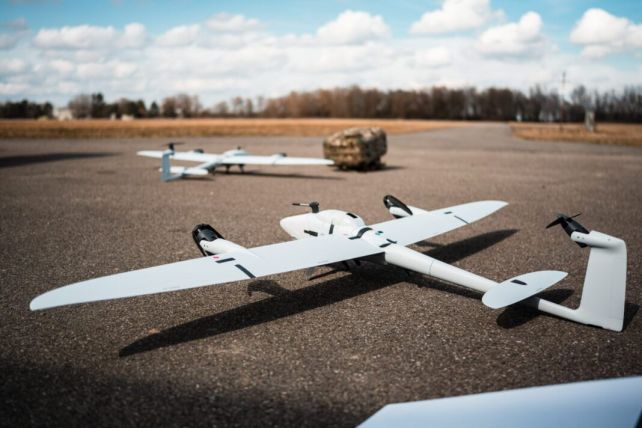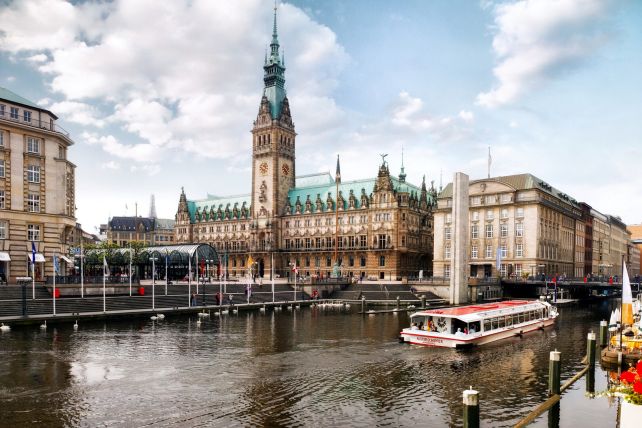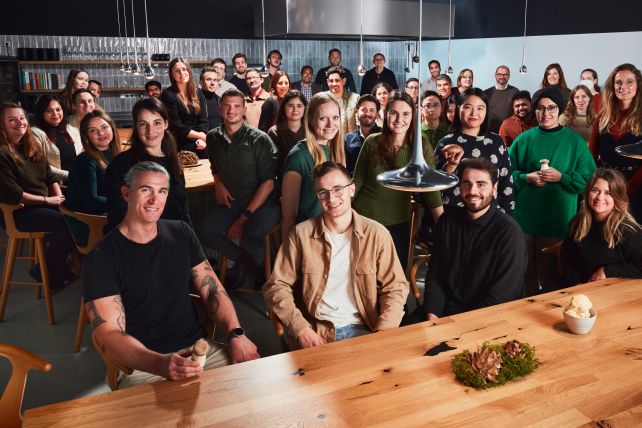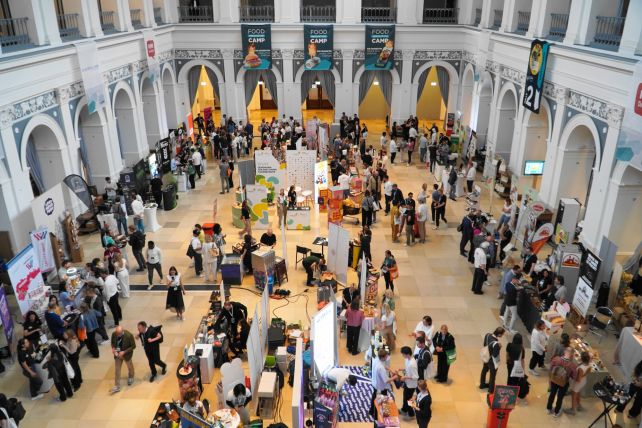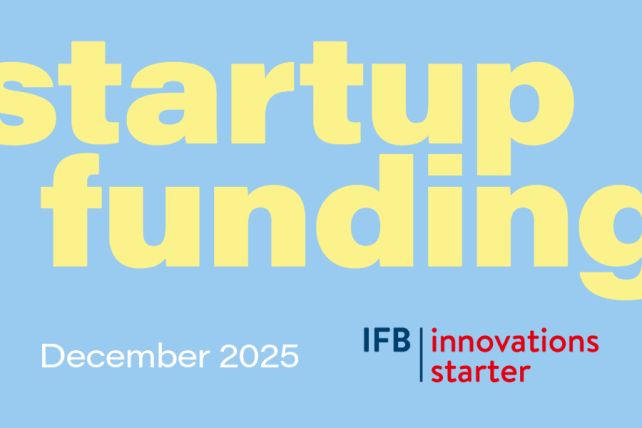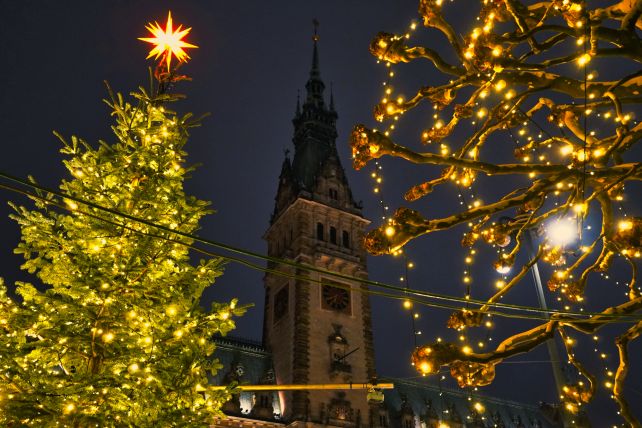These are the startups of the Scaleup Landing Pad Hamburg 2023 - Part 1
In 2022, the Scaleup Landing Pad Hamburg programme celebrated its premiere. The aim was to give up-and-coming green tech companies from all over the world the chance to conquer the German and European market from Hamburg. The success was huge, which is why a new edition was launched in 2023. A jury of experts has selected ten startups that are already successful on the market, so-called scaleups, for this year's programme, whereby innovative strength and sustainability were key criteria. We present the companies in a two-part article. In the first part, we travel to Singapore, Sweden, Israel and Italy.

Curium from Singapore
Curium, founded in April 2020, is a VC-funded scaleup backed by the Singapore government. It has a number of patent-pending techniques to automate the calibration of autonomous systems, particularly for semi and fully autonomous vehicles (AVs). Curium is the first company commercially providing Continuous Dynamic Calibration (CDC) to semi- and fully Autonomous Vehicles, Industry 4.0 solutions and IoT platforms.

Elonroad from Sweden
Elonroad provides the necessary next steps to electrify the mobility of the future in a sustainable way. The company offers a high-tech electric charging concept that auto charges all types of electric vehicles when parked or when driving. It also pioneers road digitisation. Years ago, founder Dan Zethraeus built a first prototype of the charging system with the help of his children's Lego bricks and now the company goes on to build electric roads near Paris.
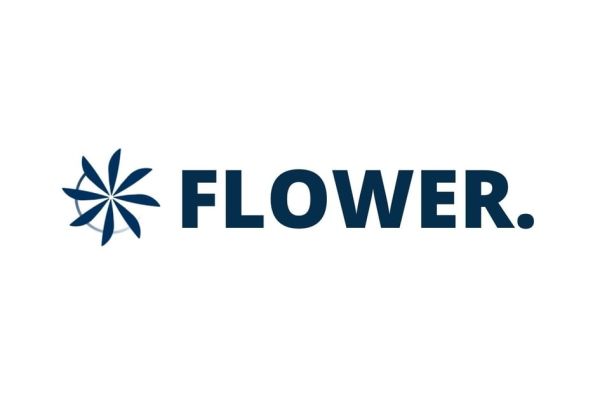
Flower from Sweden
One of the big challenges in renewable energy is to balance supply and demand. Flower operates a hardware-independent platform that connects suppliers and buyers while ensuring high flexibility. The company forecasts the availability of energy and decides in which markets and at what price it will be offered. Flower was awarded the title "The Most Promising Climate Innovation in Sweden 2021".
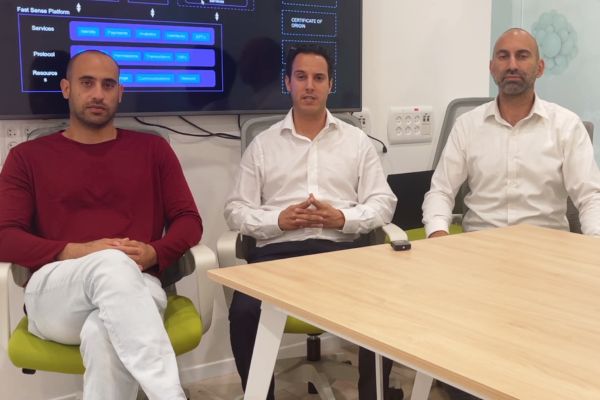
Fast Sense from Israel
Flammable and toxic gases can cause catastrophic incidents both at home and in the workplace and need to be constantly monitored. Fast Sense's patented sensor technology and software analyse gas compositions and emission data, providing safety for the energy industry. This is particularly important for the quality control of hydrogen, which is playing an increasingly important role in the energy supply.

Fybra from Italy
Italian startup Fybra improves indoor air quality. Its internationally patented technology combines sensors and AI to recognise contaminant patterns and optimise air changes. This way, the startup delivers enhanced protection against airborne diseases. Additionally, Fybra’s technology signals customers with color-coded lighting to open or close windows to maintain air quality while reducing energy costs.

